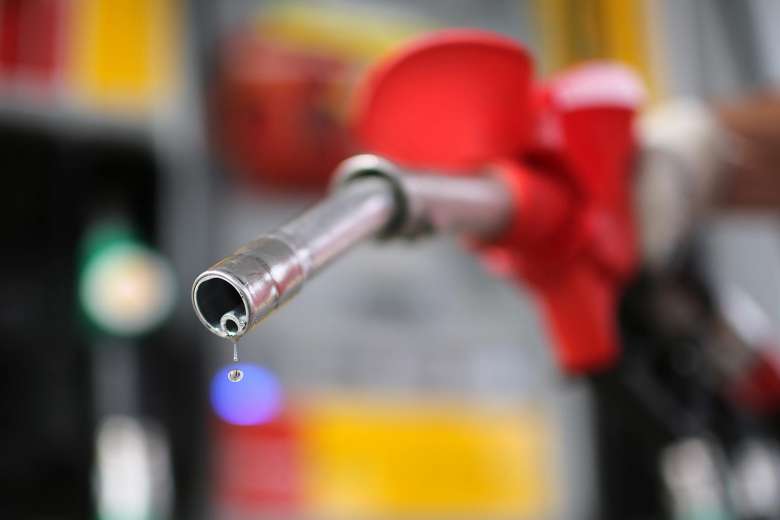Global oil benchmark, Brent crude, surged above $71 per barrel on Thursday for the first time since 2014 on support from a weaker United States dollar, tighter global supplies and a record run of declines in US crude inventories.
The US dollar hit its lowest since December 2014 against a basket of other currencies, sliding further as comments by the European Central Bank president boosted the euro a day after US Treasury Secretary, Steven Mnuchin, said a weaker dollar was “good for us,” according to Reuters.
A falling dollar makes dollar-denominated commodities cheaper for other currency holders and tends to support oil prices. Tightening global supplies have also lifted oil, as the Organisation of the Petroleum Exporting Countries and allies, including Russia, have continued supply curbs.
Brent crude, against which Nigeria’s oil is priced, hit $71.28 per barrel on Thursday, its highest since early December 2014.
“The depreciation of the US dollar is also allowing oil prices to make further gains. Almost every commodity class is being driven up by this extended dollar fall,” said Carsten Fritsch, analyst at Commerzbank.
US crude stockpiles have been dropping, underscoring the idea that global supply is rebalancing after a glut. US crude inventories fell for a record 10th straight week to the lowest since February 2015, official figures showed on Wednesday.
The supply cuts led by OPEC and Russia started a year ago and are set to last throughout 2018. They have been somewhat offset by growing output of US shale oil, as higher prices have encouraged more investment in expanding supplies.
Meanwhile, the Minister of Finance, Mrs. Kemi Adeosun, has said the country is learning to ignore crude oil prices.
“We’ve got to a point where we don’t care,” whether oil prices will be sustained at the level that they have recently risen to, Adeosun said during an interview with Bloomberg in her office in Abuja.
“We’ve been able to balance our budget at $45-$46 per barrel and we’ve got to learn to live comfortably at that level,” she added.
Brent crude has rallied almost 60 per cent since the middle of last year as OPEC and allied producing nations stick to agreed output curbs.
Nigeria is recovering from a contraction of its economy in 2016, the first in 25 years, after a decline in oil prices and in the nation’s output due to unrest in the Niger Delta.
The country can’t afford to rely so much on the commodity anymore, Adeosun said.
“Yes, it’s at $66-$67 per barrel today, but we’ve been here before, right? And we can’t afford to be exposed to that, so I really try very hard to ignore the oil price,” she added.
Nigeria, which derives about two thirds of its revenue from crude, is seeking to diversify its economy. The government’s efforts include pushing for agricultural expansion to reduce a heavy food import bill and boost exports.
It is also seeking to plug an infrastructure gap of $25bn, with Adeosun saying, “The infrastructure gap is significant; it is far bigger than anybody had imagined, in power, in roads, in rail.”
Nigeria’s foreign exchange reserves have been boosted by the rise in crude prices, combined with an increase of oil shipments and improved investor confidence.
Barring any shock, the Central Bank of Nigeria could build its reserves to $60bn in the next 12 to 18 months, from $40bn currently, the Governor, Godwin Emefiele, said in an interview on Wednesday.

 Naira4 weeks ago
Naira4 weeks ago
 Naira4 weeks ago
Naira4 weeks ago
 Travel4 weeks ago
Travel4 weeks ago
 Naira3 weeks ago
Naira3 weeks ago
 Jobs4 weeks ago
Jobs4 weeks ago
 Naira4 weeks ago
Naira4 weeks ago
 Investment4 weeks ago
Investment4 weeks ago
 Travel4 weeks ago
Travel4 weeks ago


























